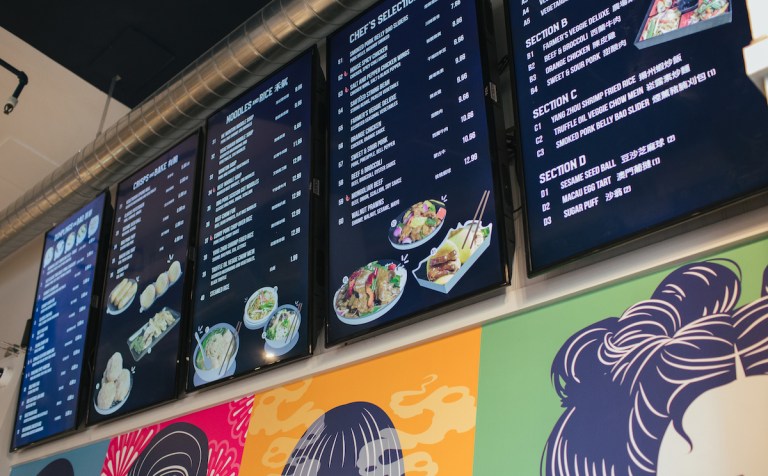Fast-Casual Chains Turn Their Loyalty Focus to the in-Restaurant Experience

As restaurants continue to seek out ways to combat declining traffic, fast-casual chains including Sweetgreen, Noodles & Company and Panera Bread are taking their loyalty efforts beyond the digital sphere into their brick-and-mortar restaurants.
Sweetgreen, a health-focused fast-casual concept with more than 200 restaurants, shared on its most recent earnings call that, to drive frequency in its highest-growth channel, the brand plans to make its Sweetpass loyalty program, which currently only works for mobile orders, available to in-store customers.
“Our fastest growing channel right now is our in-store business, and Sweetpass today does not work in-store.” Sweetgreen CEO Jonathan Neman said on the call. “… In the next few months, we will be unlocking the ability to use both earn and redeem of all Sweetpass functionality in restaurants, which we think is going to be super accretive in terms of the value of the program, especially if you consider the fact that most of our new customers come through our stores to start.”
Similarly, Noodles & Company, which has more than 460 locations, noted in its earnings results that rewards members account for 25% of sales, and that given the ongoing popularity of in-restaurant dining, the brand is turning its focus to digital menu boards, noting the technology’s ability to drive sales.
“Nearly 50% of our guests experienced the brand in-restaurant, including dine-in and orders to go,” Noodles & Company CEO Dave Boennighausen told analysts on an earnings call earlier this month. “We expect digital menu boards to be installed in 75% of company restaurants by the end of Q3. … When we introduced our mac and cheese meal deal in May, restaurants that have digital menu boards achieved sales of that deal 24% greater than those with physical menu boards.”
Earlier this year, Panera Bread announced the rollout of Amazon’s pay-by-palm capabilities. In an interview with PYMNTS, George Hanson, senior vice president and chief digital officer at the St. Louis-based fast-casual brand, noted that the goal is to bring loyalty capabilities into the brick-and-mortar restaurants.
“We … said, ‘For this to really be impactful in our business, we really need to take the scale and the opportunity that you’re presenting around the payment side and merge that with an ability for loyalty identification,’” Hanson noted.
Meanwhile, Starbucks CEO Laxman Narasimhan discussed the coffeehouse giant’s intentions to personalize the brick-and-mortar experience earlier this month.
“We plan to move all stores to brand-forward digital menu boards over the next couple of years to further sharpen personalization,” Narasimhan said on an earnings call.
More than half of all diners use restaurant loyalty programs. According to data from PYMNTS’ March study, “Connected Dining: Consumers Like the Taste of Discount Meals,” which is based on a February survey of more than 1,800 U.S. consumers, 51% reported using a restaurant loyalty program, with 49% participating in these programs at quick-service restaurants (QSRs) and 34% at full-service restaurants (FSRs). Those shares have likely increased, if anything, as rising restaurant prices have driven demand for discounts.
Plus, these programs can be a way to get users of third-party aggregators to try direct ordering. Additional research from the Connected Dining series revealed that 68% of aggregator users engaged with loyalty programs from QSRs, and 54% did so with table-service restaurants.